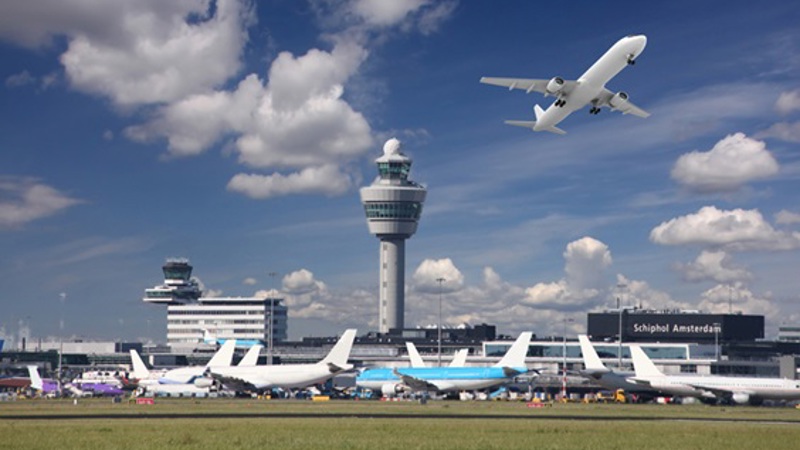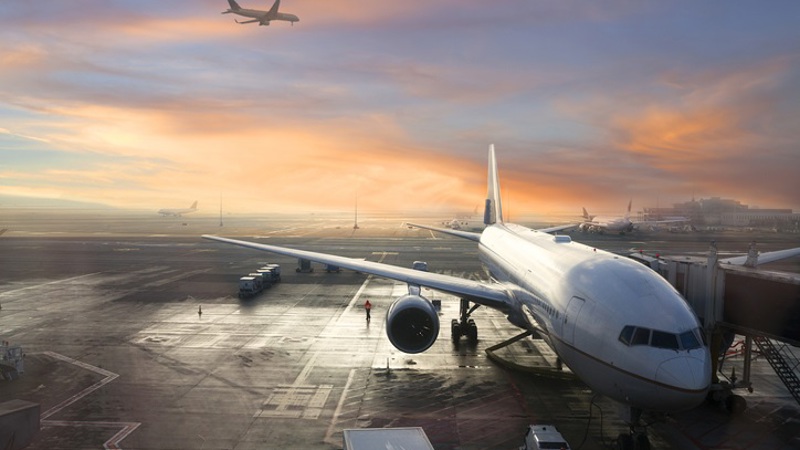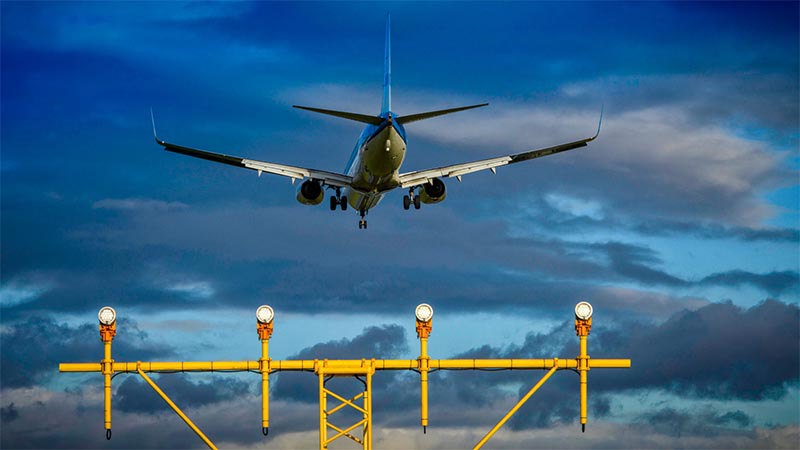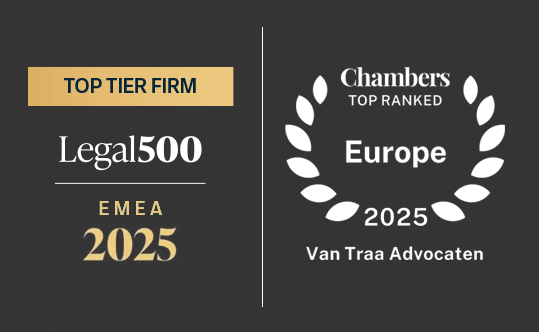ACM approves Schiphol’s proposed tariff increase
Introduction
Earlier this year, the Netherlands Authority for Consumers and Markets (ACM) gave the green light to Schiphol Airport’s plan to raise its tariffs for airlines by 41% in 2025. In this blog, we explore the background, ACM’s reasoning, and the potential impact of the increase.
ACM’s decision
On 27 May 2025, ACM issued its ruling on Schiphol’s proposal to significantly increase airport charges - known as ‘aviation fees’ (havengelden) - for the 2025–2027 period. [1] Despite strong objections from airlines and trade associations, ACM largely sided with Schiphol.
Under Dutch aviation law (Article 8.25d of the Aviation Act (Wet luchtvaart)), Schiphol is required to set its tariffs and conditions every three years for services provided to airlines. Airlines have the right to ask ACM to review whether these tariffs comply with the law and whether any proposed increase is reasonable. This mechanism is intended to prevent Schiphol from misusing its strong economic market position.
Schiphol argues that the increase is necessary due to rising labor costs, staff expansion, higher interest rates, lower passenger volumes, and the need to recover COVID-related losses from 2021. Airlines, however, believe the increase is excessive - especially since the investments do not, in their view, improve airport capacity or service quality. They also warn that Schiphol is becoming one of the most expensive airports in Europe, with a 41% jump in fees compared to 2024.
ACM acknowledges these concerns but concludes that the increase is justified. The key factor is that Dutch law allows Schiphol to pass on COVID-related losses to airlines, unlike airports in many other countries. Without this correction, Schiphol’s fees would be in line with comparable airports in Northwest Europe. According to ACM, the correction will expire in 2027, when a 12.5% decrease is expected. Over the full three-year period, the average increase amounts to 33%, which ACM considers reasonable.
Schiphol is also introducing a new pricing model: quieter aircraft will pay lower fees, while noisier planes and night flights will be charged more. Under the Aviation Act, such tariff differentiation is allowed if it serves the public interest, including environmental protection, and if the criteria are objective and transparent.
Airlines disagree with this approach. They argue that the measure unfairly targets cargo flights, night operations, and even home carriers. They also claim it could distort competition.
ACM finds that Schiphol’s plan meets the legal requirements and is consistent with practices at other European airports. The differentiation encourages the use of quieter aircraft, which benefits the public. However, ACM does draw a line when it comes to Schiphol’s proposal to ban certain noisy aircraft types. Schiphol wants to prohibit six aircraft types during the day and one at night. ACM states that any night-time ban must wait for new legislation taking effect on 1 November 2025. A full-day ban also requires compliance with the balanced approach procedure under the Noise Regulation. [2] On this issue, ACM sides with the airlines.
The ruling is a setback for airlines. It’s striking that a state-owned monopoly like Schiphol is allowed to pass on its pandemic-related losses to airlines, which have no real alternative but to use the airport. The decision raises broader questions about fairness, competition, and the balance between public interest and commercial power.
[1] The ruling by ACM on Schiphol’s tariffs and conditions for 2025–2027 (ACM/UIT/649810), issued on 27 May 2025, can be accessed via: https://www.acm.nl/en/publications/decision-on-schiphols-tariffs-and-conditions-2025-2027.
[2] For more on the balanced approach procedure, see our article ‘Recent developments regarding the capacity of Schiphol Airport’, available at: https://www.vantraa.nl/nl/kennis/recent-developments-regarding-the-capacity-of-schiphol-airport/.








